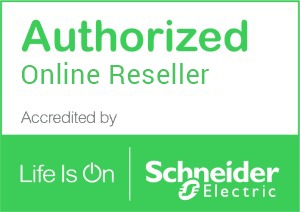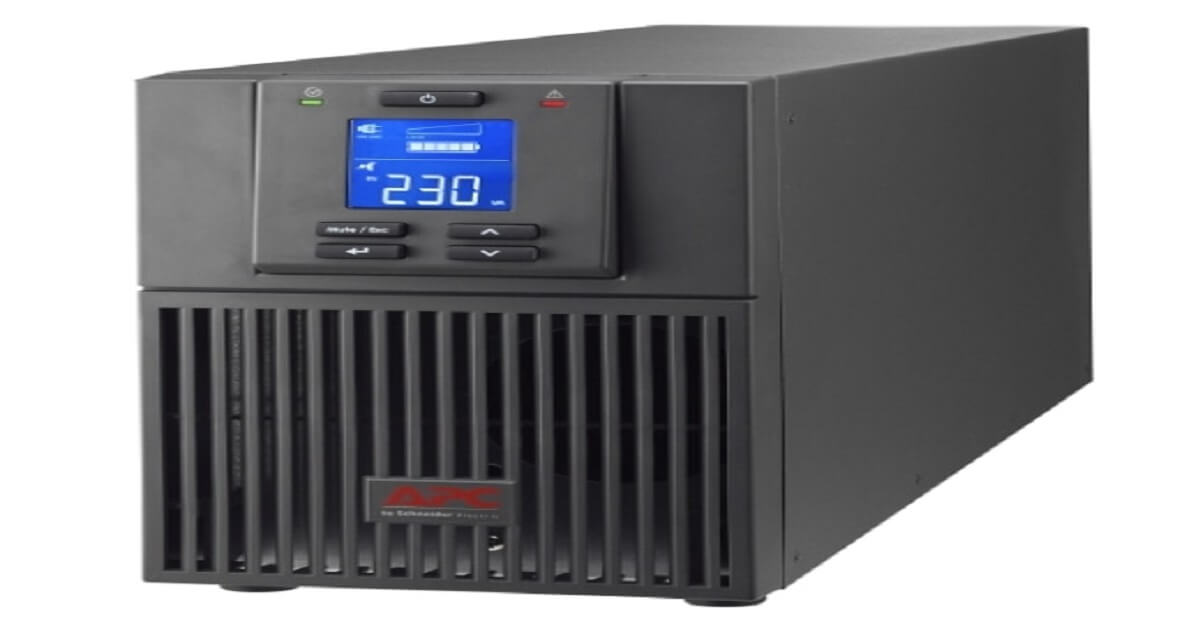Uninterruptible Power Supply (UPS) systems play a crucial role in providing backup power during electrical outages or fluctuations. These systems rely on batteries to store and deliver power when needed, making the selection of the right battery a critical decision. With a wide range of options available in the market, it’s important to understand the factors to consider when choosing a battery for your UPS system. In this article, we will explore the key aspects to keep in mind to ensure you find the right battery to meet your needs.
Capacity and Runtime
The capacity of a battery refers to the amount of power it can store and deliver. It is essential to determine the required capacity based on your specific needs. Consider the power consumption of the devices you want to run during a power outage and the desired runtime. Calculate the total power requirement and select a battery with an adequate capacity to sustain your equipment for the desired duration. Keep in mind that higher-capacity batteries often provide longer runtimes but may be more expensive.
Battery Chemistry
UPS batteries are available in different chemistries, each with its own advantages and disadvantages. The most common types are lead-acid and lithium-ion batteries. Lead-acid batteries are cost-effective, reliable, and widely used. They are available in two variants: maintenance-free (gel or absorbed glass mat) or flooded (requiring periodic maintenance). On the other hand, lithium-ion batteries offer higher energy density, longer lifespan, and faster charging. However, they are generally more expensive upfront.
Battery Lifespan
Battery lifespan is a critical factor to consider when selecting a UPS battery. The lifespan is typically measured in terms of the number of charge/discharges cycles a battery can endure before its capacity significantly diminishes. The expected lifespan varies based on the battery chemistry and usage patterns. Lead-acid batteries generally last for 3-5 years, while lithium-ion batteries can last for 5-10 years or more. Consider your long-term needs and the associated costs when evaluating battery lifespan.
Recharge Time
The recharge time of a battery is crucial, especially in situations where power outages are frequent or have a shorter duration. Faster recharge times ensure that your UPS system is ready for the next power disruption quickly. Lead-acid batteries typically have longer recharge times, especially if deeply discharged, while lithium-ion batteries can recharge faster. Keep in mind that the recharge time may also depend on the capacity of the UPS charger and the charging infrastructure available.
Environmental Considerations
Take into account the operating environment in which the UPS system will be placed. Some battery chemistries are more sensitive to temperature extremes or humidity. Ensure that the selected battery is suitable for the expected environmental conditions. For example, if the UPS system will be installed in a location with high ambient temperatures, consider batteries with better temperature tolerance to avoid performance degradation or premature failure.
Manufacturer’s Reputation and Support
When choosing a battery for your UPS system, consider the reputation and reliability of the manufacturer. Opt for established brands known for their quality and customer support. A reputable manufacturer will provide warranties, technical assistance, and prompt customer service in case of any issues or concerns. Look for user reviews, certifications, and industry recognition to assess the reliability and performance of the battery and the manufacturer.
Total Cost of Ownership
While the initial cost of the battery is an important consideration, it is equally important to evaluate the total cost of ownership over the battery’s lifespan. This includes factors such as replacement costs, maintenance requirements, and energy efficiency. Some batteries may have higher upfront costs but offer longer lifespans and better energy efficiency, resulting in lower overall costs in the long run. Consider the total cost of ownership to make an informed decision.
In conclusion, selecting the right battery for your UPS system is crucial to ensure reliable backup power during electrical outages. Consider factors such as capacity, battery chemistry, lifespan, recharge time, environmental suitability, manufacturer reputation, and total cost of ownership. By carefully evaluating these aspects and understanding your specific needs, you can make an informed decision and find the battery that best suits your UPS system requirements. Remember that a well-chosen battery will provide peace of mind and reliable power backup when you need it most.


